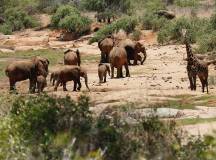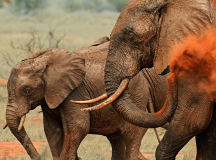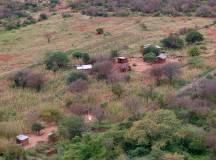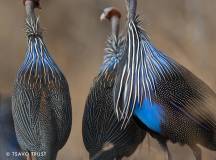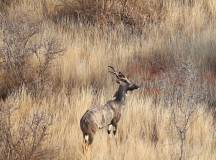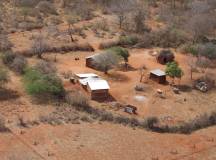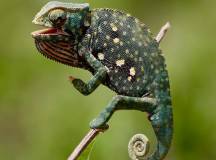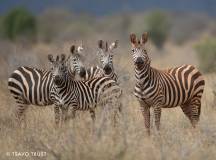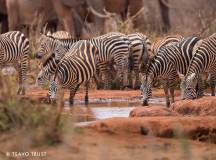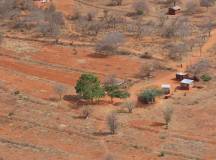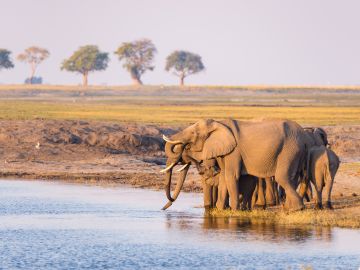
Free to Roam Project, Kenya
- Home
- The Exodus Adventure Travels Foundation
- Free to Roam Project, Kenya
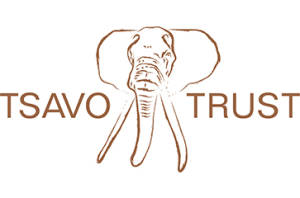
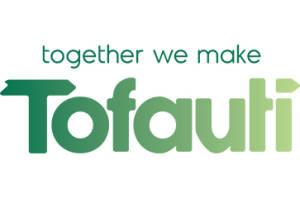
“Exodus Adventure Travels Foundation has a clear mandate of engaging communities in conservation efforts; this Free to Roam Project gives the local people a more positive outlook on the wildlife which they live in and amongst, and wildlife a safe passage through community owned land. We are so excited about the potential of this project as it encompasses the local community members in the solution, and provides space and safe habitat for wildlife on the border to Tsavo National Park. By providing a simple solar provision, battery operated electric fences, we can restrict the wildlife’s ability to penetrate crops and livestock, increasing annual yields and reducing human: wildlife conflict.” – Crista Cullen, Tofauti Foundation Founder and GB Olympic gold medalist
Giving land back to nature
Tsavo Trust is on a mission to conserve the vast wilderness of the Tsavo Conservation Area. This unique region encompasses Kenya’s biggest Protected Area and is also home to Kenya’s largest single elephant population. Research from the Tsavo Trust shows that the area faces multiple challenges, including wildlife crime, climate change and habitat loss.
Previously, Tsavo Trust has reported an increase in human-wildlife conflict across the Tsavo Conservation Area (TCA), including bushmeat poaching and dangerous land fencing that interrupts the migratory pathways for local wildlife. In 2024, the Free to Roam project has shown promising results of significantly decreasing the cases of human-wildlife conflict, by increasing rewilded areas for local wildlife to roam, while also benefitting hard-to-reach communities who live on the borders of these protected areas.
Engaging and supporting communities
Many conservation efforts strictly focus on improving animal welfare as opposed to improving livelihoods in the community, but the Free to Roam Project makes sure wildlife and communities benefit equally by promoting peaceful co-existence.
Tsavo Trust are working closely with the landowners in the Kamungi and Shirango Conservancies to ensure they get the best results from the 10% of land they’ll protect for agriculture. Construction of the fences has provided economic opportunities for marginalised communities through paid employment and job opportunities will be generated for local women and girls who, since the pandemic, have experienced loss in paid jobs, closure of education facilities and increased pressure to provide for their families.
In terms of agricultural benefits, the project has delivered permaculture training for community members, to provide a better understanding of soil, water, and best practice farming. This included collecting soil samples to understand the nutritional value of the crops. The workshops have helped the community with management of natural waste for composting, diversification of crops and improved water preservation. The Free to Roam project will not only benefit the community in the short term, but, in the longer term, increased food security will improve livelihoods and boost household income to allow families to become self-sufficient. A recent socio-economic survey on the 10% fence plan reported an increase of over 70% in crop yields prior to the reconstruction of the fences, with each household harvesting an average of 205 kilograms of cowpeas, 135 kilograms of maize and 285 kilograms of green grams, that will sustain each household for 3-6 months. Furthermore, the fences have been 100% effective in protecting crops from elephants, carnivores and other medium to large game, including impalas and buffalos.
Read our blog which shares recent project updates from Tsavo Trust.
Living in the Land of the Tuskers
The Adventure Begins Here
Get regular inspiration straight to your inbox from Exodus’ experts.

